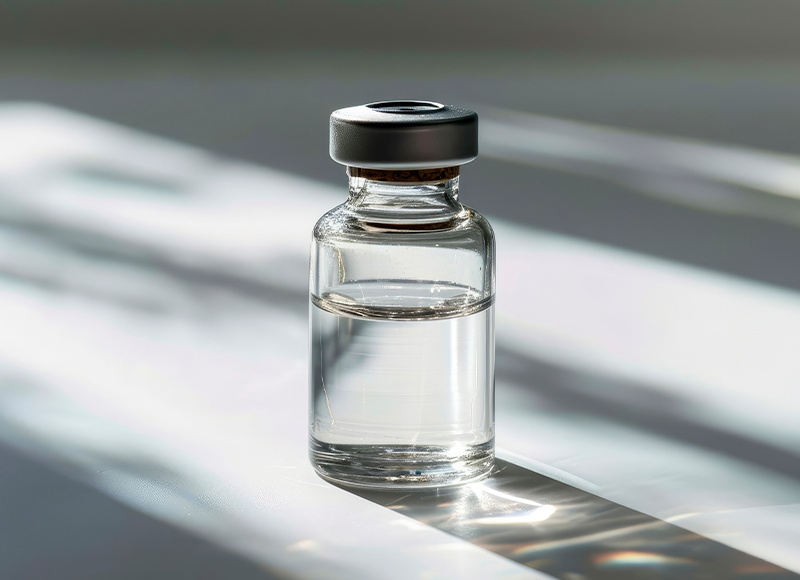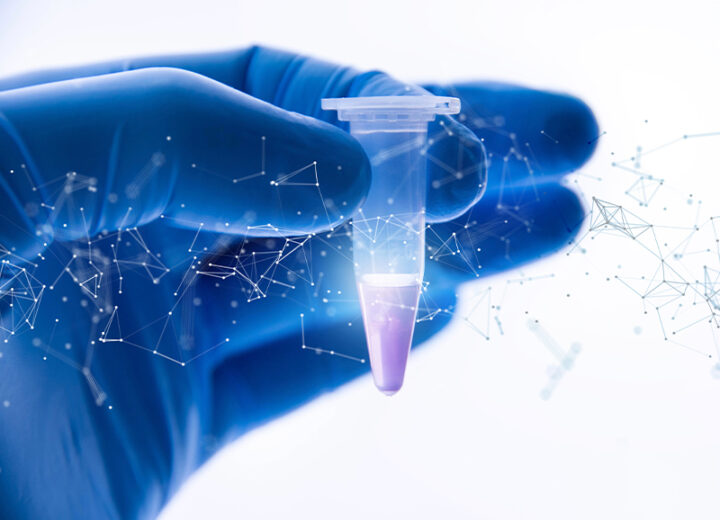21 August 2024
Our guide to recombinant protein growth factors

Recombinant protein growth factors have revolutionized the fields of biotechnology and medicine. In just a few decades, they have offered unprecedented opportunities for therapeutic development. These proteins, engineered through recombinant DNA technology, play a critical role in a wide range of applications from biopharma to cosmetics.
At Cocoon, we specialize in the production of high-quality recombinant proteins that support various industries. In doing so, we aim to help advance science and technology.
Learn more about the various recombinant protein growth factors, and discover how they’re used in therapeutics, biotechnology, and wound healing today.
What are recombinant protein growth factors?
In short, recombinant protein growth factors are proteins engineered to stimulate cell growth, proliferation, differentiation, and survival.
Therefore, they’re crucial in regulating biological processes. Additionaly, they are used extensively in life sciences research and therapeutic development. By using recombinant DNA technology, scientists can produce these proteins in host cells, such as bacteria, yeast, or mammalian cells. Ultimately, this allows for the production of complex proteins with precise characteristics.
Read everything you need to know about recombinant proteins, techniques and more
Understanding the growth factor production process
The production of growth factors involves several key steps:
1. Cloning: The DNA sequence encoding the protein of interest is cloned into an expression vector. Then, this vector is introduced into a host cell to produce the protein.
2. Expression: Various expression systems are used depending on the protein’s requirements. For example, this includes bacterial, yeast, insect, and mammalian cell systems.
3. Purification: Once expressed, the protein is extracted from the host cells and purified to ensure high quality and functionality. Next, advanced purification techniques ensure that the recombinant proteins meet rigorous industry standards.
4. Characterization: Then, the purified protein is characterized to confirm its identity, purity, and activity. This is a critical step to ensure the protein is suitable for its intended applications.
The core recombinant growth factor types explained
Recombinant protein growth factors are used extensively in therapeutic development due to their ability to influence cell behavior. They play a vital role in wound healing, tissue regeneration, and various biopharmaceutical applications.
Four of the most common growth factors include Epidermal Growth Factors (EGF), Fibroblast Growth Factors (FGF), Platelet-Derived Growth Factors (PDGF), and TGF-β.
1. Epidermal Growth Factor (EGF)
Epidermal Growth Factor (EGF) is a potent mitogen that stimulates cell growth, proliferation, and differentiation. As a result, it’s used in wound healing applications, as it promotes the regeneration of skin tissue.
2. Fibroblast Growth Factor (FGF)
Fibroblast Growth Factor (FGF) is involved in wound healing and tissue regeneration. It promotes the proliferation of fibroblasts, which are crucial for the formation of connective tissue. Therefore, FGF is used in treatments for burns, ulcers, and other chronic wounds.
3. Platelet-Derived Growth Factor (PDGF)
Platelet-derived growth Factor (PDGF) is involved in the regulation of cell growth and division. It’s used in regenerative medicine for tissue engineering and bone regeneration. Also, PDGF has applications in dermatology for scar reduction and skin rejuvenation.
4. Transforming Growth Factor-Beta (TGF-β)
Transforming Growth Factor-Beta (TGF-β) is a versatile group of growth factors that regulate a wide range of cellular processes, including cell growth, differentiation, and apoptosis. Because of this, TGF-β is particularly significant in wound healing and tissue regeneration, where it helps modulate the immune response and facilitate the formation of scar tissue.
In addition to its therapeutic applications, TGF-β is being explored in oncology for its complex role in tumor progression and suppression.
How recombinant protein growth factors are used in various industries
Clearly, recombinant protein growth factors are crucial in numerous industries. From biopharma, wound healing, cell culture, cosmetics, and life science research, there are many applications.
In therapeutics
In the biopharmaceutical industry, growth factors are pivotal in developing novel therapies. They are used to stimulate cell growth, proliferation, and differentiation, essential for regenerative medicine and therapeutic development.
Therapeutic proteins and biologics: Recombinant growth factors like human insulin are produced to treat diseases such as diabetes.
Cell and gene therapies: Growth factors facilitate the expansion of cells in vitro, which is crucial for therapies such as CAR T-cell treatments in cancer. As a result, they enable the mass production of therapeutic cells, enhancing treatment efficacy.
Protein engineering: Recombinant growth factors are engineered to improve protein stability and activity, leading to more effective targeted therapies in clinical settings.
You may also like: Lowing the cost of growth factors could catalyze biopharma
In wound healing
By promoting tissue repair and regeneration, recombinant growth factors are essential in wound healing.
Chronic wound treatment: Growth factors like FGF and PDGF stimulate cell proliferation, accelerating healing in chronic wounds like diabetic ulcers and pressure sores.
Skin grafts and tissue engineering: Growth factors enhance graft integration and bioengineered tissue survival, promoting natural skin repair and acceptance.
In cosmetics
In cosmetics, growth factors are used to develop products that enhance skin health and reduce signs of aging.
Anti-aging products: Recombinant growth factors such as EGF stimulate collagen production which improves skin elasticity and reduces wrinkles.
Skin repair and hydration: Growth factors are being researched to improve skin texture, reduce scars, and enhance hydration.
In life science and research
Recombinant growth factors are indispensable in life science research, supporting innovative studies and technological advancements.
Cell culture and experimentation: Growth factors maintain cell cultures and direct differentiation in vitro, enabling precise control in experiments. Researchers use them to study cellular pathways and develop new therapies.
Tissue regeneration and organoid development: Growth factors mimic complex tissue interactions, facilitating the development of organoids for drug testing and disease modeling.
In cell culture
Growth factors are critical in cell culture, providing the necessary signals for cell growth, differentiation, and maintenance in vitro.
Cultivated meat production: Growth factors stimulate the growth of animal cells in a controlled environment. By guiding the proliferation and differentiation of muscle cells, growth factors help produce lab-grown meat that closely resembles conventional meat, offering a sustainable alternative to traditional livestock farming.
Bioprocess optimization: Growth factors are used to optimize cell culture conditions, improving yield and consistency in the production of recombinant proteins and other biologics.
Our philosophy is simple: nature knows best
In summary, recombinant protein growth factors are essential tools in biotechnology and medicine, driving innovation and therapeutic development. At Cocoon, we offer a wide range of high-quality recombinant proteins to support diverse applications across different industries.
We’re at the forefront of innovation in life science research, providing researchers with the tools they need to make groundbreaking discoveries. By choosing Cocoon, you gain access to expertise-led solutions that meet the highest standards of quality and reliability. Explore our range of recombinant protein growth factors and discover how we can support your research today.


